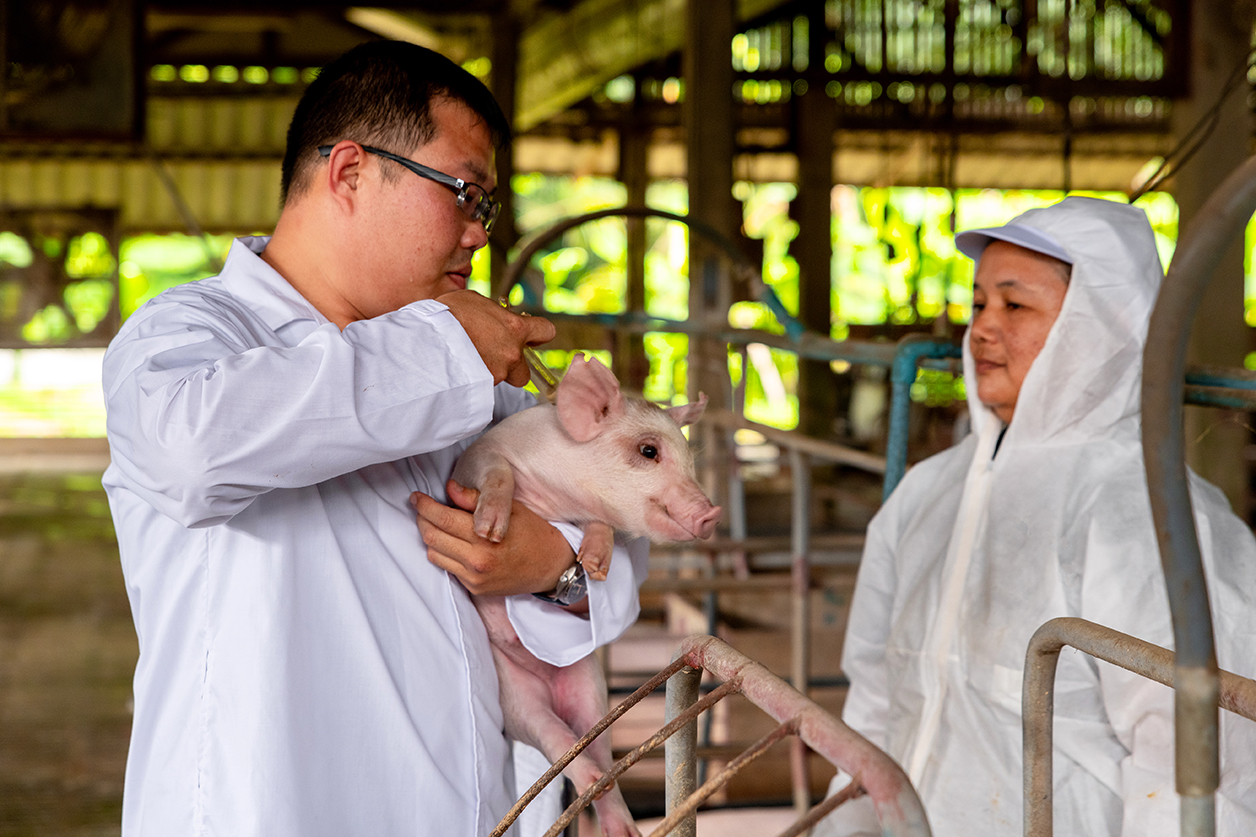
Emergencies can disrupt ecosystems, impacting animal and human health, food systems, livelihoods, and economies. The animal health sector faces risks from transboundary diseases, pandemics, natural disasters, and climate change. Recent outbreaks, such as avian influenza, African swine fever, Ebola, rabies, and COVID-19, underscore these threats.
In South-East Asia, diseases like foot-and-mouth disease (FMD), African swine fever (ASF), and highly pathogenic avian influenza (HPAI) are of concern. ASF has severely affected pig populations, causing socio-economic impacts and disrupting the pork value chain.
The World Organisation for Animal Health (WOAH) supports countries in managing these crises. In 2019, WOAH held a workshop on emergency preparedness, and in 2023, it co-organised an agro-terrorism simulation exercise with FAO and INTERPOL to enhance cooperation in animal health emergencies.
Date(s): 14-16 August 2024
Venue: Bangkok, Thailand
Agenda: PDF
Reference documents: (see below)

